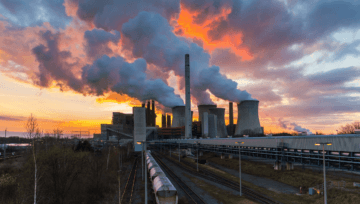Lea Booth in Quillette:
 Germans call it Energiewende (“energy transition”), and they aim to decarbonize their economy and lead the world by replacing their fossil fuel and nuclear plants with renewable energy. Germany is the first major nation to undertake such an effort, and, as hoped for, their early adoption of renewables has catalyzed a spectacular drop in costs for those technologies. A reporter summed up German attitudes towards the Energiewende, writing, “Germans would then at last feel that they have gone from being world-destroyers in the 20th century to world-saviors in the 21st.”
Germans call it Energiewende (“energy transition”), and they aim to decarbonize their economy and lead the world by replacing their fossil fuel and nuclear plants with renewable energy. Germany is the first major nation to undertake such an effort, and, as hoped for, their early adoption of renewables has catalyzed a spectacular drop in costs for those technologies. A reporter summed up German attitudes towards the Energiewende, writing, “Germans would then at last feel that they have gone from being world-destroyers in the 20th century to world-saviors in the 21st.”
The Energiewende gained legislative support in 2010, and Germany spent nearly 202 billion euros on renewable energy projects from 2013 to 2020. Since 2010, the share of German electricity generation that has come from solar and wind power has risen from 8 percent to 31 percent, no small feat.
Yet Russia’s invasion of Ukraine has laid bare critical weaknesses in German energy policy. Before the war in Ukraine, Germany received 55 percent of its natural gas imports from Russia. While that percentage has fallen since the war began, the European Union chose not to ban Russian gas imports because gas is so crucial to EU nations like Germany. Unsurprisingly, Putin has been using Russia’s gas flows to exert influence over Germany and the EU.
More here.
